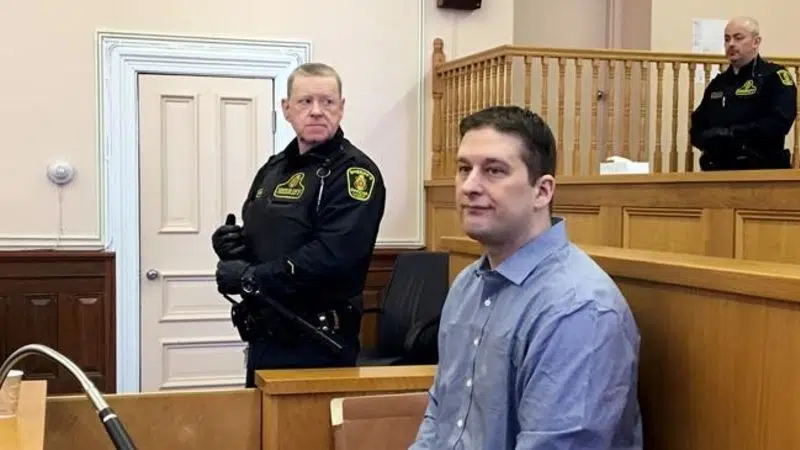
Man killed daughter to make his estranged wife suffer, Crown tells murder trial
ST. JOHN’S, N.L. — A Crown prosecutor says a Newfoundland man murdered his five-year-old daughter in a calculated plan to inflict suffering on her mother, his estranged wife.
A St. John’s, N.L., court heard closing arguments Thursday in the trial of Trent Butt, who is accused of the first-degree murder of his daughter Quinn in his Carbonear, N.L., home in April 2016.
The courtroom was packed after an emotionally wrought trial that already heard from fire and medical experts, Butt himself and Quinn’s mother, Andrea Gosse.


